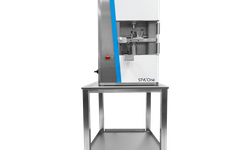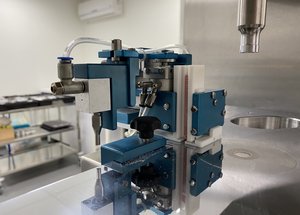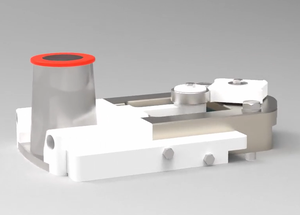Best practices for preformulation in drug development
The text discusses the importance and methodologies of preformulation testing in drug development, which involves studying new drug compounds to gather essential information for formulating stable and biopharmaceutically suitable dosage forms. Preformulation serves as a bridge between drug discovery and drug delivery, acting as a mediator between these two fields. Different stages of preformulation studies during development are outlined, including candidate drug selection, early development, and late development for extensive characterization. The route of administration dictates the focus of preformulation studies, with considerations such as solubility, particle size, and stability being crucial. The text also explores the significance of preformulation studies in understanding reaction kinetics, reaction mechanisms, and drug-excipient compatibility. Additionally, it highlights the differences in preformulation approaches for small molecules versus biologics, emphasizing the importance of stability, aggregation, and degradation pathways in biologics. Various techniques and considerations for preformulation testing, including solubility studies, pH-solubility profiles, reaction kinetics, and drug-excipient interactions, are discussed in detail to aid in the successful development of drug formulations.

Comments
No comments posted yet.
















